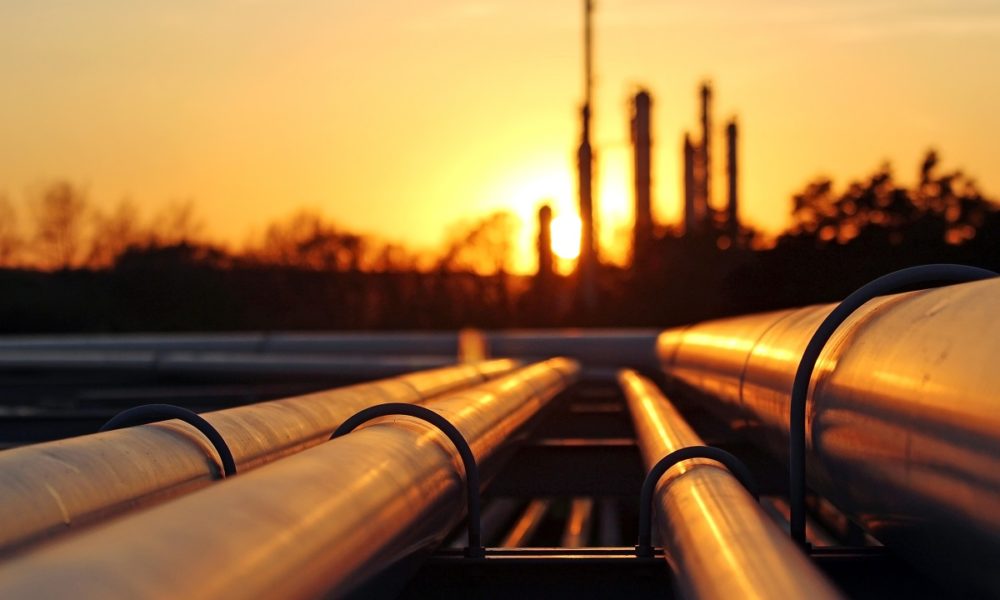Europe consumes more energy than it produces. The cold, hard truth is that there is a perfect storm taking place that is unique to Europe: High energy prices and volatility make European Industry uncompetitive on the global stage.
European steel is in crisis and European chemicals are at breaking point. High energy costs and volatility is caused by a number of interlinked drivers: halting of Russian gas flows into Europe; the intermittency of renewables; weather events; short-term trading and increased geopolitical risk.
European Industry is globally uncompetitive for several reasons:
- High energy costs and volatility (COM (20205) 72)
- Natural gas prices in Europe are roughly four times as high as prices in the U.S (statista.com)
- Chinese subsidies on renewable energy and industry (intereconomics.eu)
- Japanese wholesale electricity prices are now lower than EU (EUR-Lex – 52025DC0072 – EN – EUR-Lex)
It is expected that European Industry will need to double its energy consumption over the next 10 years. One fundamental question is therefore screaming out:
How can it secure supply of energy and remain globally competitive?
The solution: Secure energy supply
Surely the cheapest way for European Industrials to secure energy supply and remain competitive is to decarbonise? Otherwise, the only other option is to relocate out of Europe? Read below…
Renewables and Power Purchase Agreements (PPAs)
As European governments phase out Feed-in Tariffs (FiTs) and move towards market-based mechanisms, PPAs are becoming a preferred option for securing renewable energy contracts.
PPAs will help European Industry to manage risks associated with fluctuating energy prices and encourage the switch to domestically-produced clean energy. By locking in prices and terms, both buyers and sellers can mitigate financial uncertainties.
The European Union has launched a strategic initiative called the Clean Industry Deal. The aim is to combine climate action with industrial competitiveness. This includes a pilot program with the European Investment Bank (EIB) to support corporate PPAs with guarantees worth EUR 500 million.
This program is designed to help small and medium-sized enterprises (SMEs) and energy-intensive industries secure long-term electricity purchase agreements, thereby promoting the use of renewable energy and enhancing energy security.
Industrial Flexibility
The Clean Industry Deal also emphasises the importance of adopting flexible consumption and energy storage to enhance the competitiveness and resilience of European Industry.
Adjusting industrial consumption based on availability and price signals or accessing energy storage solutions during periods of high demand or low renewable energy generation will help balance the grid, reduces peak demand, and integrate more renewable energy sources.
How can European Industry respond?
We believe that the next logical step is for large industrials consumers to bring Balancing Responsible Party (BRP) function and trading desks in-house.
As European companies sign more complex PPAs (e.g., Pay-as-Consumed), where a component of the PPA is indexed to the spot market, industrials with flexible assets (e.g., electrolysers) will be able to quickly ramp up and down their plants in response to price signals without disrupting their industrial processes.
Until now, most industrial companies have delegated the BRP function to a partner. But by bringing this in-house, they will have greater opportunity for optimisation without paying an external provider.
Furthermore, big industrial companies that purchase large volumes of power and gas may start to set up trading desks to procure these products directly on wholesale markets – this helps with the price discovery process, so they can be less of a price taker and more of a market maker.
Therefore, industrials that bring these functions in-house will gain the competitive advantage. They will have enhanced operational efficiency that will allow them to have greater control over imbalance risk and energy costs.
We have the ‘What?’ and the ‘Why?’ – Let’s consider the ‘How?’…
Sunny Tiwana, General Manager of Energy One UK, comments: “We understand the problems European Industrials face. What has become evident is that the gap between European Industrials and their global competitors has widened due to unsustainable energy costs, but the good news is that there is something that they can do.
“We have been supporting this sector for years with solutions that are helping to mitigate risks and manage portfolios. Energy One’s unique ecosystem of software and 24/7 services will support European Industry’s journey to renewable energy and energy independence.”
Get in touch and discover how to turn cost into profit
Interested in seeing how we can help you? Fill in our Contact Form and we’ll arrange a conversation at a time to suit you:


